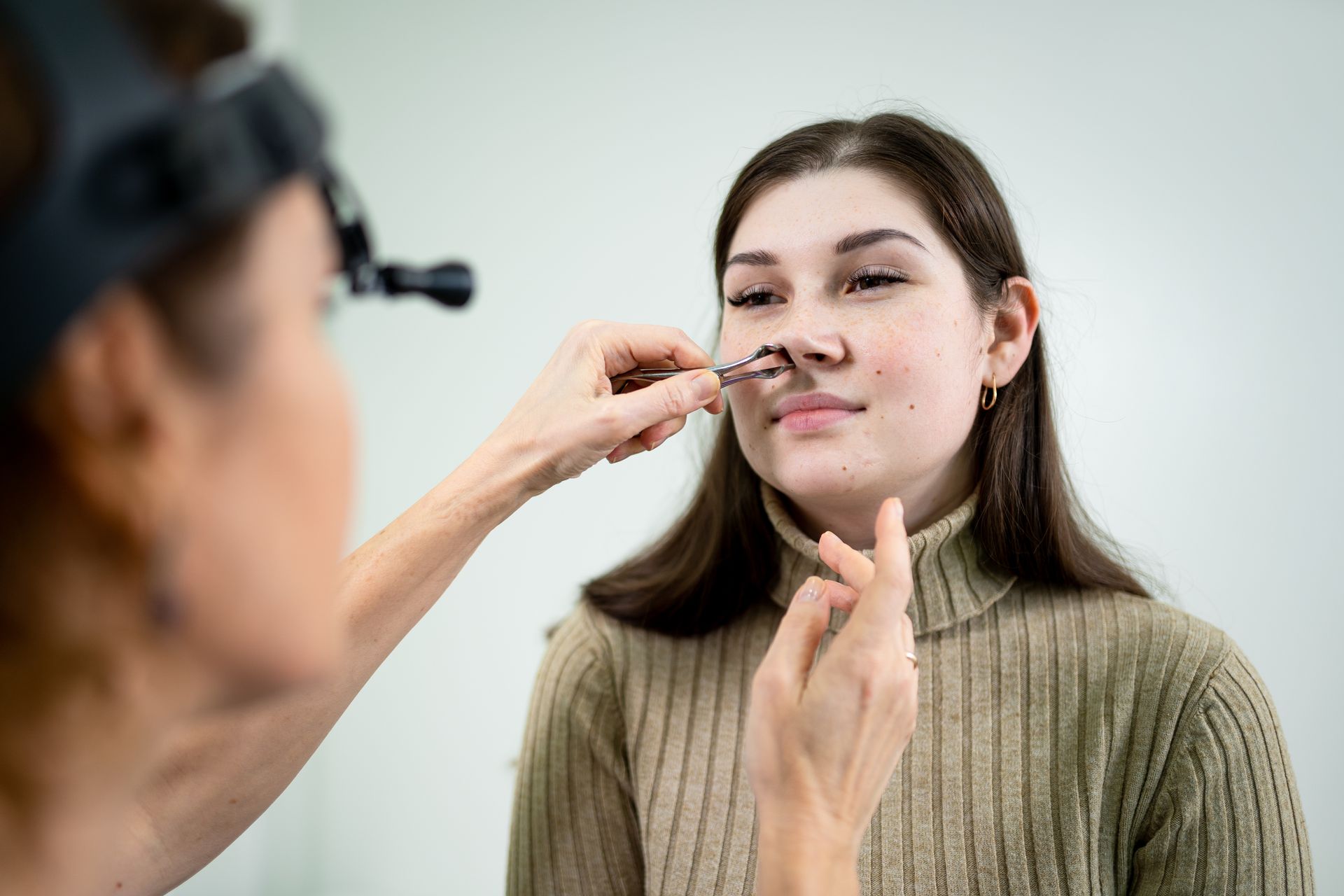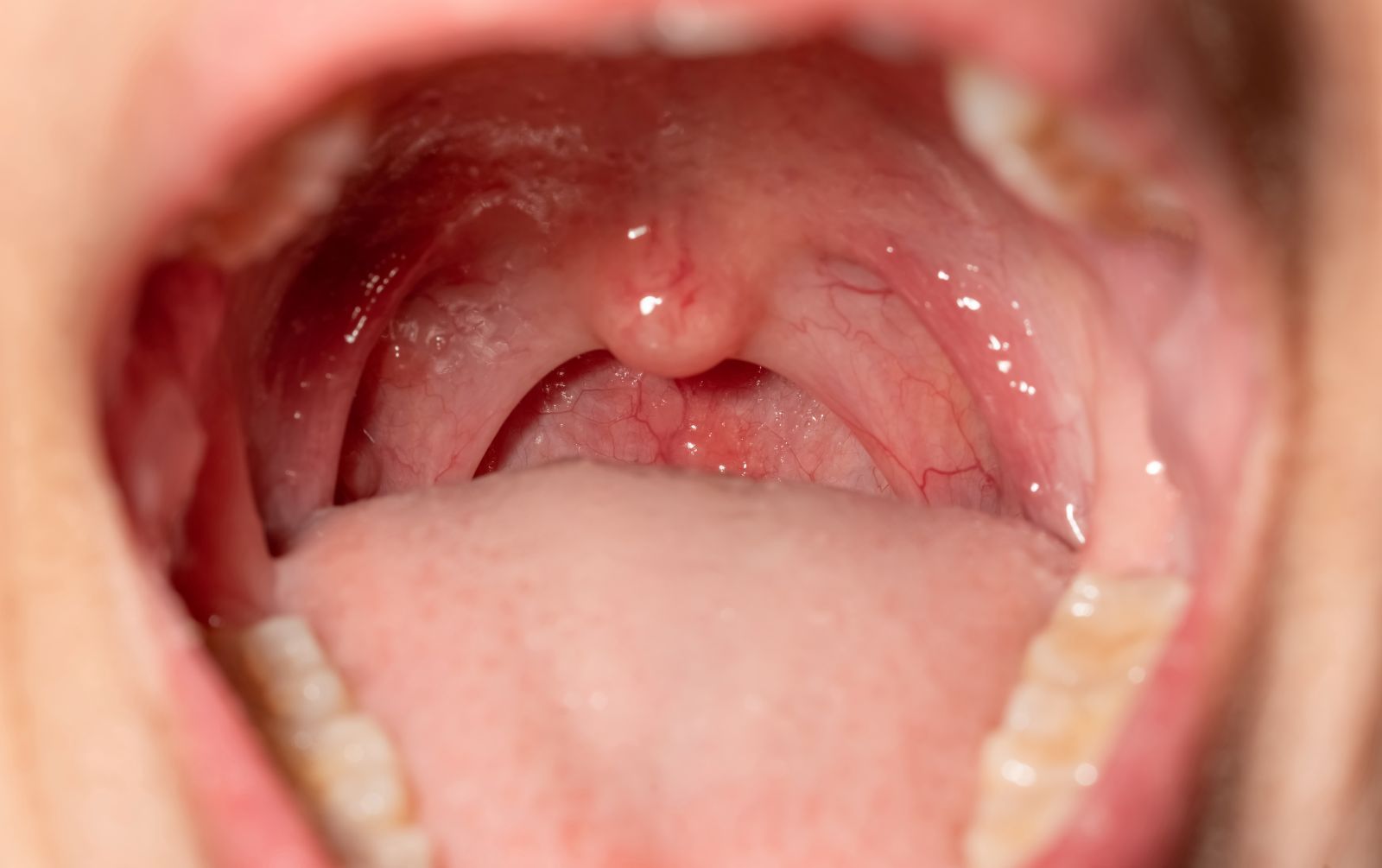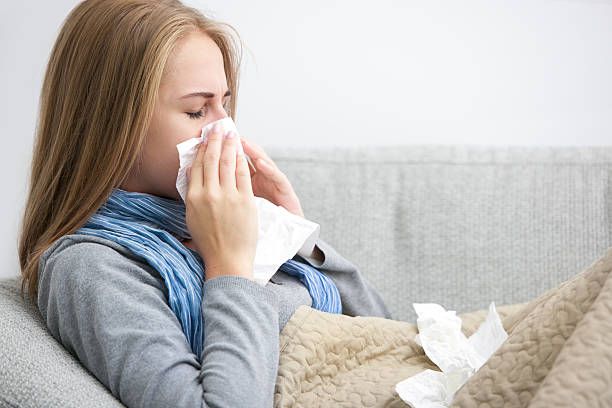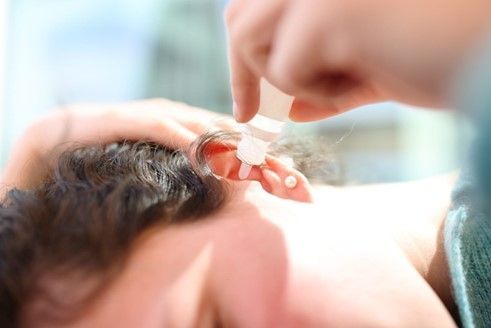Which is more effective in Treating Sinusitis, Natural Remedies or Medical Interventions?
Sinusitis, a common condition affecting millions of people worldwide, can cause discomfort, pain, and difficulty in breathing. For chronic sufferers, finding effective solutions becomes a top priority. Two main approaches can be explored: natural remedies and medical interventions. The debate between using natural remedies and medical interventions to treat sinusitis is a common topic among individuals seeking relief from this condition.
In this blog post, we will explore the pros and cons of each method and discuss how to find effective solutions for managing chronic sinusitis.
Understanding Chronic Sinusitis
Before discussing the potential treatments, it's important to know the nature of chronic sinusitis. This condition occurs when the cavities around the nasal passages become inflamed and swollen for an extended period, often lasting for more than 12 weeks. This inflammation can be caused by bacterial, viral, or fungal infections, as well as allergies or structural abnormalities in the nasal passages. Common symptoms of sinusitis include:
- Facial pain or pressure
- Nasal congestion
- Discolored nasal discharge
- Headache
- Coughing
- Fatigue
Natural Remedies for Chronic Sinusitis
Many individuals prefer to explore natural remedies for managing chronic sinusitis, either as standalone treatments or in combination with medical interventions. These remedies often focus on reducing inflammation, promoting nasal drainage, and boosting the immune system. Some of the most popular natural remedies include:
- Saline Nasal Rinses: Saline nasal rinses can be prepared at home using a mixture of warm water and salt. This solution helps moisturize the nasal passages, reduce inflammation, and flush out mucus and irritants.
- Steam Inhalation: Inhaling steam from a bowl of hot water, facial steamer or from a hot shower can help loosen mucus and relieve congestion. Adding essential oils like eucalyptus or peppermint can provide additional benefits.
- Herbal Supplements: Certain herbal supplements, such as turmeric, bromelain, and stinging nettle, have anti-inflammatory properties, but it is unclear if they may help alleviate symptoms of chronic sinusitis. It’s important to consult with a healthcare professional before starting any herbal supplements.
- Acupuncture: Acupuncture is an ancient Chinese practice that involves inserting thin needles into specific points on the body. Some studies suggest that acupuncture can help reduce inflammation and improve symptoms of allergic rhinitis (but not necessarily chronic sinusitis).
Pros and Cons of Natural Remedies
Pros:
- Non-invasive: Natural remedies for sinusitis typically involve lifestyle changes, dietary adjustments, and the use of herbs and essential oils. They are non-invasive and do not require medical procedures or medications.
- Holistic approach: Natural remedies take a holistic approach to treating sinusitis, addressing the root causes of the condition rather than simply alleviating symptoms. They focus on boosting the immune system, reducing inflammation, and promoting overall well-being.
- Herbal supplements and acupuncture may provide additional health benefits beyond managing chronic sinusitis.
Cons:
- Varied effectiveness. The efficacy of natural remedies varies from person to person, and what works for one individual may not work for another.
- Time-consuming. Natural remedies often require long-term commitment and consistency to see results. It may take time to find the right combination of remedies and lifestyle changes that work best for each individual.
- May not be suitable for severe cases: Natural remedies may not be sufficient for individuals with severe or chronic sinusitis. In such cases, medical interventions, such as antibiotics or surgery, may be necessary to effectively treat the condition.
Natural remedies should not replace medical advice or prescribed treatments. If you are experiencing severe symptoms or your sinusitis is not improving with natural remedies, it is recommended to consult with a healthcare professional for proper evaluation and guidance.
Medical Interventions for Chronic Sinusitis
Medical interventions for sinusitis aim to treat the underlying cause of the condition and provide long-term relief. Common medical interventions include:
- Over-the-counter Medications: Nasal sprays, decongestants, and antihistamines can provide temporary relief by reducing inflammation and congestion. However, these should be used cautiously, as long-term use may cause rebound congestion or other side effects.
- Prescription Medications: In cases where allergies or infections are the root cause, doctors may prescribe corticosteroids, antibiotics, or antifungal drugs to alleviate symptoms and address the underlying issue. Immunotherapy: For individuals with chronic sinusitis caused by allergies, immunotherapy may be recommended. This treatment involves gradually exposing the body to allergens, helping build resistance and reducing the frequency and severity of sinusitis flare-ups.
- Surgery: In cases where other treatments have failed, surgical intervention may be recommended. Surgery may be necessary to remove nasal polyps, correct a deviated septum, or improve sinus drainage. This procedure aims to provide long-term relief and improve the overall quality of life.
Pros and Cons of Medical Interventions
While medical interventions can provide effective relief for chronic sinusitis, they also come with their own set of pros and cons.
Pros:
- Medications and procedures prescribed by healthcare professionals are backed by scientific research and clinical trials.
- Medical interventions can provide quick and long-lasting relief from chronic sinusitis symptoms.
- Procedures like endoscopic sinus surgery can address the underlying cause of sinusitis and provide a permanent solution.
Cons:
- Some medications used to treat chronic sinusitis may have side effects, such as nasal dryness or irritation.
- Antibiotics may not be effective if the underlying cause of chronic sinusitis is inflammation rather than infection.
- Surgical procedures carry risks, and the recovery period may be lengthy.
Conclusion
When it comes to managing chronic sinusitis, there is no one-size-fits-all solution. Natural remedies may provide temporary relief for mild symptoms, but they often do not address the underlying cause or be effective for severe or chronic cases. Medical interventions, such as antibiotics or surgery, can offer long-term relief but may come with potential side effects. In many cases, a combination of both approaches can provide the most effective results. A personalized treatment plan, in consultation with a healthcare professional, can provide the most effective and individualized approach to managing chronic sinusitis.
Nasal and sinus issues don't have to stay. At Kentuckiana ENT, we've partnered with ENT Care Centers to give you better care that's always comprehensive and ever-compassionate. Book us online or call (502)894-8441 and let us help you be on your way to better ENT health for a healthier you.













